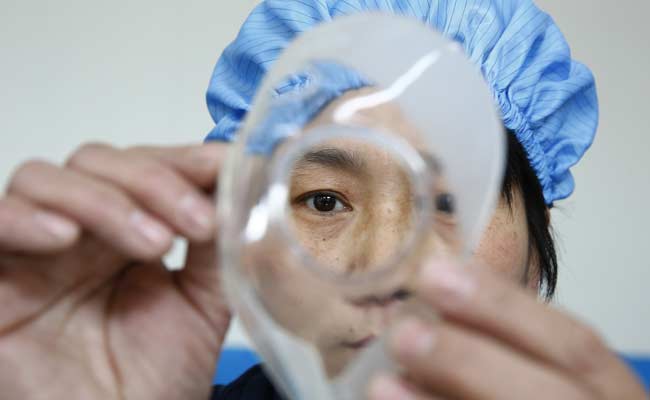As it is well known, an occupational disease is a chronic ailment as a result of an exposure to risk factors arising from work or occupational activity. For example, pneumoconiosis is considered as a major occupational disease in China. In light of the report of Xinhua News, approximately 833,700 cases regarding occupational disease up to 2013, 750,000 cases of which were pneumoconiosis patients.
Now the Chinese government intends to strengthen the control of occupational diseases. The nation will promote the reform through multiple methods, such as expansion of the medical aid scope, treatment, diagnoses. Furthermore, the enterprises which are known to cause severe occupational diseases, will be eliminated if they fail to realize the technical innovation.
We tend to believe that it is impending and significant for the government to formulate a specific law aimed to protect legal rights of workers, as occupational diseases generally may have a longer incubation period and may be not realized or treated by workers timely.
In conclusion, the government may issue more restrict and detailed laws and regulations to prevent occupational disease and protect the employee who suffers from occupational disease. If you want to receive every news about this relevant topic for your company, write to info@dandreapartners.com or subscribe our newsletter.







